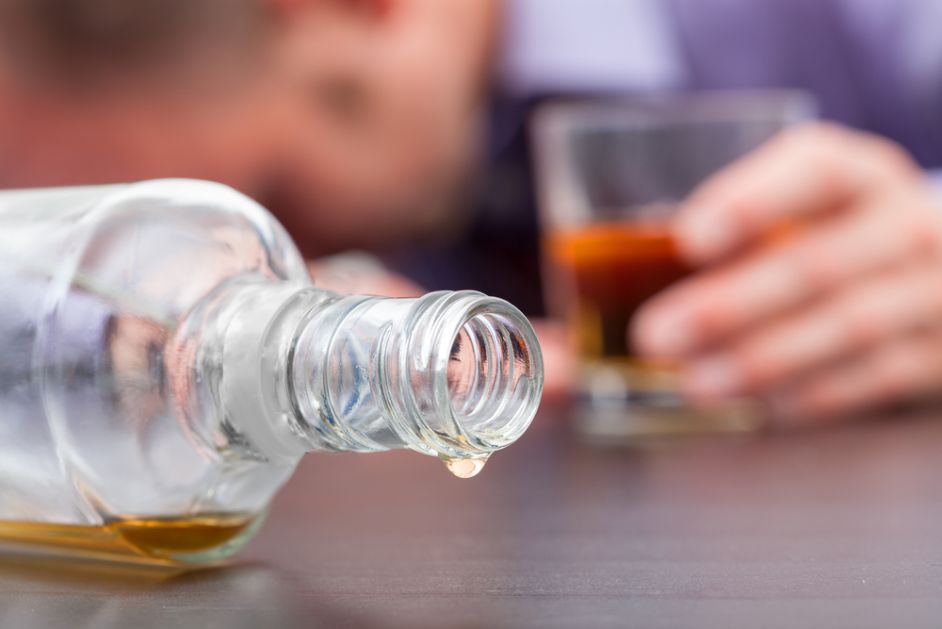Alcohol withdrawal syndrome symptoms are quite serious, and can be life threatening. The severity of the symptoms depends on the amount of alcohol that the individual has consumed, and the time that has passed since the last drink. In addition to the physical effects of alcohol withdrawal, people with addictions to alcohol may also experience mental problems.
Alcohol is a depressant, which affects the central nervous system. When the central nervous system is overexcited during a withdrawal, it can cause a number of symptoms. These symptoms range from mild to severe, and can persist for weeks or months. Some symptoms include tremors, sweating, increased blood pressure, and a low-grade fever. It can also cause hallucinations and seizures.
During the first 24 hours after a person stops drinking, he or she is at higher risk for a seizure. Seizures due to withdrawal are common over several hours, and usually involve muscle contractions. Benzodiazepine drugs may be used to control agitation. However, they can also cause intubation or mechanical ventilation support.
Physical withdrawal symptoms can be severe, and can include nausea, vomiting, tremors, and hallucinations. Other symptoms are anxiety, insomnia, and heart palpitations. If you are experiencing any of these symptoms, you should seek medical attention immediately. A doctor can provide advice and prescribe medication to help you overcome the physical symptoms of alcohol withdrawal.
Delirium tremens (DTs) is a potentially deadly form of alcohol withdrawal syndrome. This condition is most likely to occur in patients who have a long history of alcohol use. DTs symptoms are most commonly experienced on the third or fourth day of alcohol detox, although the disorder can occur after 72 hours of withdrawal. They have a fatality rate of 5 to 25 percent.

While alcohol withdrawal syndrome can be life threatening, it can be managed. Treatment is designed to relieve agitation and prevent further development of the more severe symptoms. Self-care measures and precautionary measures are also effective ways to alleviate the symptoms. Eating a healthy diet is a good way to alleviate the symptoms, and engaging in creative and entertaining activities can also help.
Withdrawal symptoms can be treated through the proper use of prescription medications and holistic methods. For example, you can engage in yoga, art therapy, or mindfulness to enhance your treatment experience. You can also eat fresh fruits and vegetables to help rebalance your digestive system.
There are many ways to manage alcohol withdrawal. Self-care can be helpful, but you should also talk to a medical professional about the best approach for your situation. If you are experiencing severe withdrawal symptoms, hospitalization is required. Hospitalization can allow your doctors to monitor your vital signs and provide you with the necessary medications to ease your symptoms.
Managing the symptoms of alcohol withdrawal requires a combination of self-care and precautionary measures. It is important to stay hydrated, and to contact your doctor if you experience any serious symptoms. Staying hydrated can help to prevent vomiting, as well as dehydration.









